Is intermittent fasting effective in amateur cyclists?
Intermittent fasting is a style of eating that has been gaining followers over the last few years. Understanding what its benefits, risks, and contraindications are will help us decide if it is an interesting option for those who practice cycling.
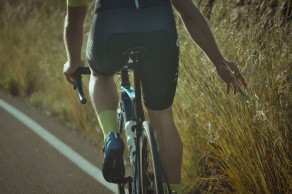
Intermittent fasting: is it convenient for cyclists?
Intermittent fasting began to gain popularity a few years ago. Since then it has been adding followers, although there are still many who remain skeptical about the supposed benefits it claims to bring to our body. Let's start from the beginning.
The concept of intermittent fasting refers to the style of eating based on eating only during certain hours and fasting for the rest of the day. A common formula is the so-called 16-8; that is, eating for 8 hours and fasting for the remaining 16 hours.
RECOMENDADO

Change wheels if you want to transform your bike's behavior
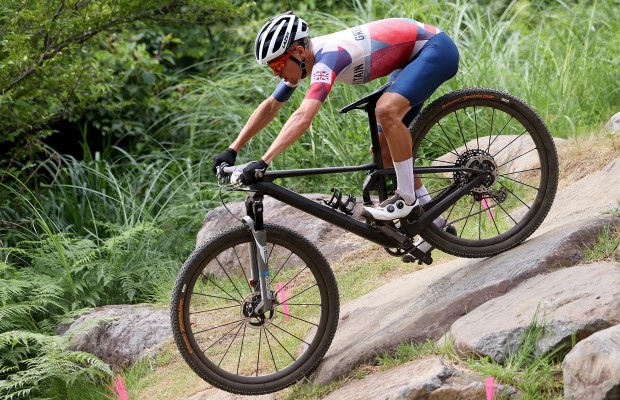
What bike size do you need? Here's how to find out
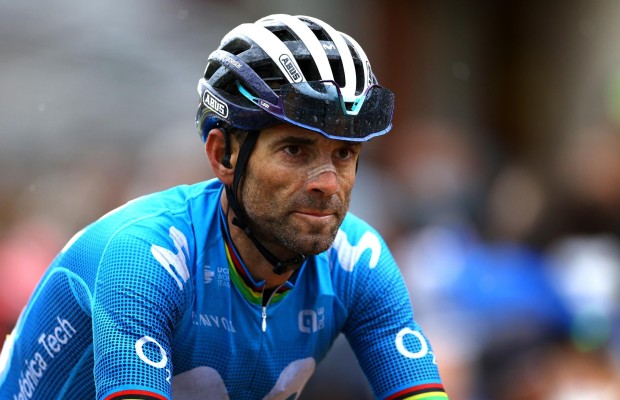
How does age affect performance and recovery?
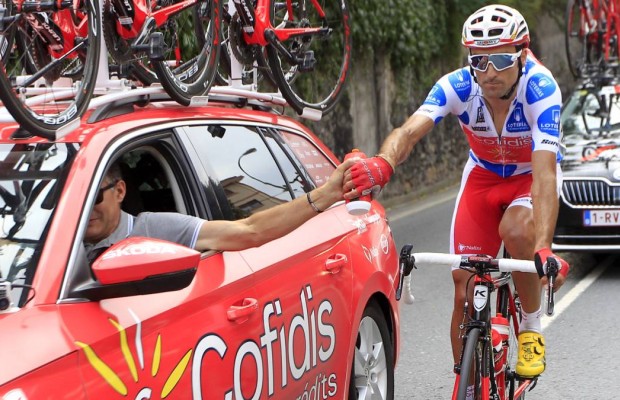
How long cyclists can be pushed when handed a sticky bottle?
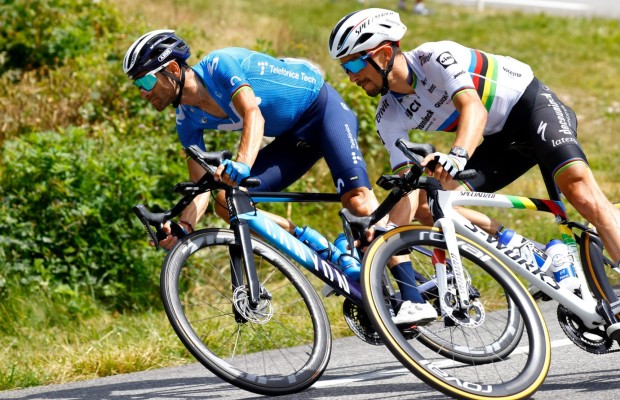
10 tips for safer and faster downhills on road bikes

The best gravel groupsets of the moment
Some celebrities have publicly endorsed intermittent fasting, although reducing its success to the influence of these celebrities would be oversimplifying. The truth is that it is a method easy to understand, maintain, and does not eliminate foods.
First of all, it should be noted that intermittent fasting is not indicated for "people with autoimmune diseases, people who are well below their weight, people who are permanently medicated, diabetics, pregnant and lactating women", according to Bea Porto, who published an article on the subject in the RFEC.
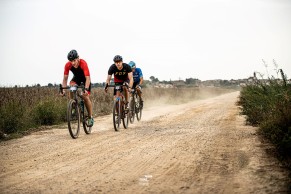
In general, we can find two reasons why someone decides to join the intermittent fasting bandwagon: weight loss and the benefits obtained.
As for the first, the premise is that fasting accelerates the loss of glycogen reserves, which causes the body to meet the energy demand by burning more fat. A study published in the Journal of the International Society of Sports Nutrition, explains that combining this style of eating with resistance training in cycling helps to reduce weight without losing muscle mass.
As for the second, according to the RFEC, adrenaline increases, which results in us feeling more energetic; a process of periodic purification is activated that improves digestion and gases; and it argues that some studies point out other benefits, such as strengthening the immune system or helping with neurodegenerative diseases.

The role of cycling
Nutrition is key in cycling. Professional cyclists eat before, during, and after getting on the bike. The main risk of intermittent fasting for those who pedal is, indeed, running out of energy. The body needs energy to function, which it obtains thanks to the food it ingests. The more exercise, the greater the energy demand.
Abstaining from eating for such long periods can be counterproductive, as training intensely with low glycogen reserves can worsen the cyclist's performance and recovery.
Despite the fact that the study cited earlier showed that cyclists lost weight but both performance and aerobic capacity remained the same, there seems to be some agreement that adverse effects increase as the intensity of training also increases.
Given these different points of view, intermittent fasting could be compatible with cycling exercise as long as a specialist doctor analyzes our particular case and approves it.
Even so, scientific studies suggest that it is not the best strategy for cycling, as weight loss is similar if we compare it to other diets or styles of eating, but it carries possible problems such as insufficient energy, which result in a decrease in performance and recovery.